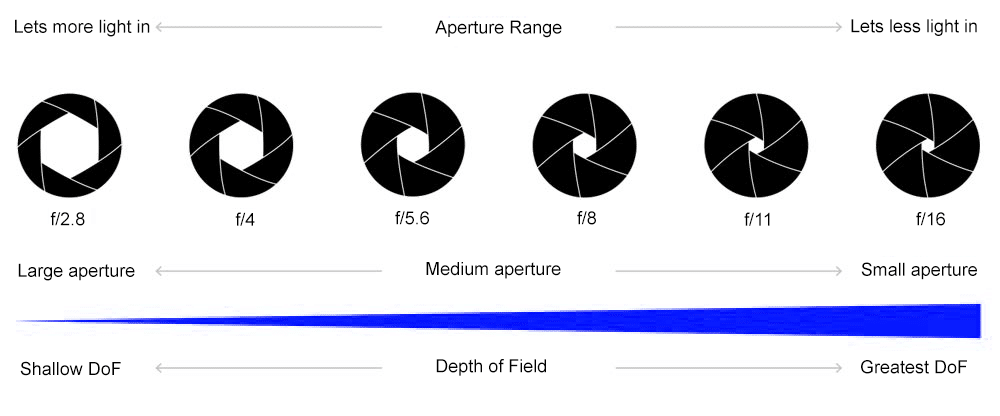Xlr8tin
Well-known member
Hey guys!
I'm thrilled to be here, but I am overwhelmed because I'm not sure what to do. I recently bought my a7Rii. Right now I only have a handful of old manual focus lenses that seem to be very nice for what I've done so far.
I bought my camera and lenses last week, and have been going over a lot of settings of the camera. (many have been helpful on here on this topic)
I'm very new to all of this, but I love taking pictures. Prior to this I have been using my Samsung phones. I have taken what I believe to be some great pictures. I feel like I have a good eye, but that's where it ends.
I want to take landscape pictures mostly. I don't feel like being someone who takes portraits of people since I am an introvert and am not good with conversation face to face. I also, don't like making videos of myself, so youtube is not something I've looked into.
At this point, I don't know what to do. There are too many directions to go in. I would like to be able to do photography as a hobby to make some money on the side, but I have no idea how or where to start. To at least make my money back on the camera and lenses would be at least the most I expect to be happy.
I opened a flicker account, but I don't know how to utilize it. I looked at the pro level, but not sure if it is worth it at this point in the game.
Besides getting out there and taking photos, what do I need to do? There is too much material out there, and it seems like everyone and their grandmother are photographers.
Real estate looks like a good option as well, but I don't know where to start. Any help or suggestions would be helpful. Maybe let me know how many of you started and how you are doing now, and how long it took for you to get going?
At the very least I have a great camera for family pictures, but I could have bought something 1/3 of the price to do that
Gregg
I'm thrilled to be here, but I am overwhelmed because I'm not sure what to do. I recently bought my a7Rii. Right now I only have a handful of old manual focus lenses that seem to be very nice for what I've done so far.
I bought my camera and lenses last week, and have been going over a lot of settings of the camera. (many have been helpful on here on this topic)
I'm very new to all of this, but I love taking pictures. Prior to this I have been using my Samsung phones. I have taken what I believe to be some great pictures. I feel like I have a good eye, but that's where it ends.
I want to take landscape pictures mostly. I don't feel like being someone who takes portraits of people since I am an introvert and am not good with conversation face to face. I also, don't like making videos of myself, so youtube is not something I've looked into.
At this point, I don't know what to do. There are too many directions to go in. I would like to be able to do photography as a hobby to make some money on the side, but I have no idea how or where to start. To at least make my money back on the camera and lenses would be at least the most I expect to be happy.
I opened a flicker account, but I don't know how to utilize it. I looked at the pro level, but not sure if it is worth it at this point in the game.
Besides getting out there and taking photos, what do I need to do? There is too much material out there, and it seems like everyone and their grandmother are photographers.
Real estate looks like a good option as well, but I don't know where to start. Any help or suggestions would be helpful. Maybe let me know how many of you started and how you are doing now, and how long it took for you to get going?
At the very least I have a great camera for family pictures, but I could have bought something 1/3 of the price to do that
Gregg



